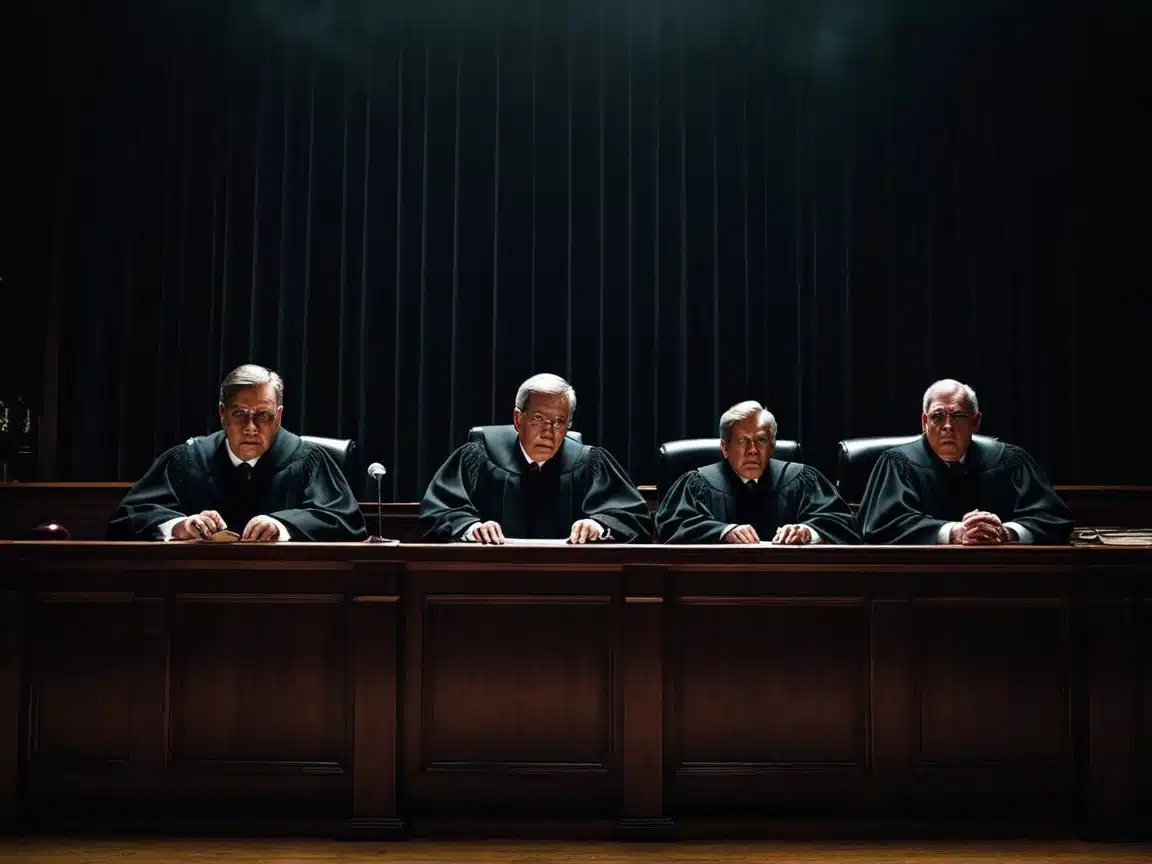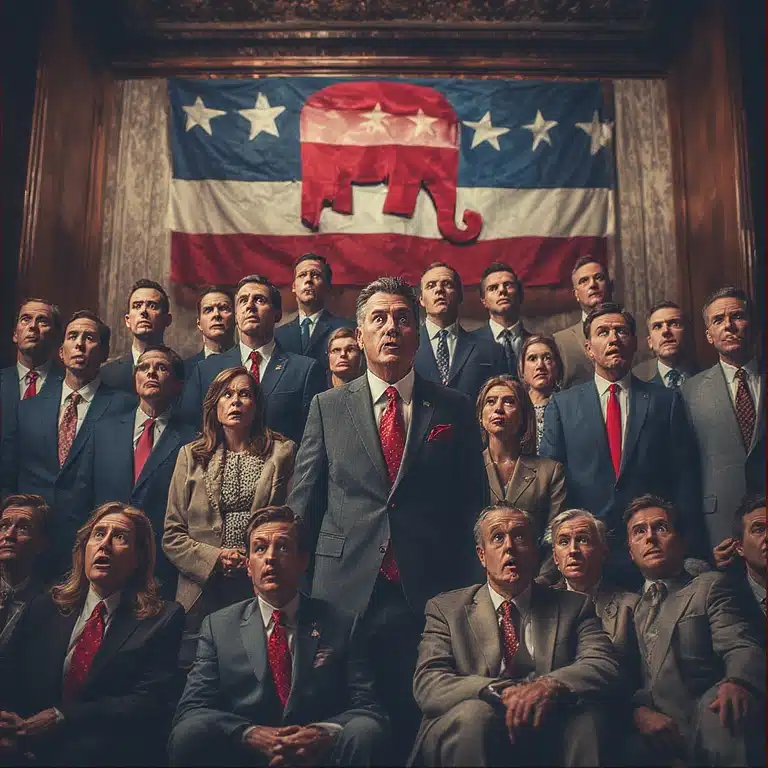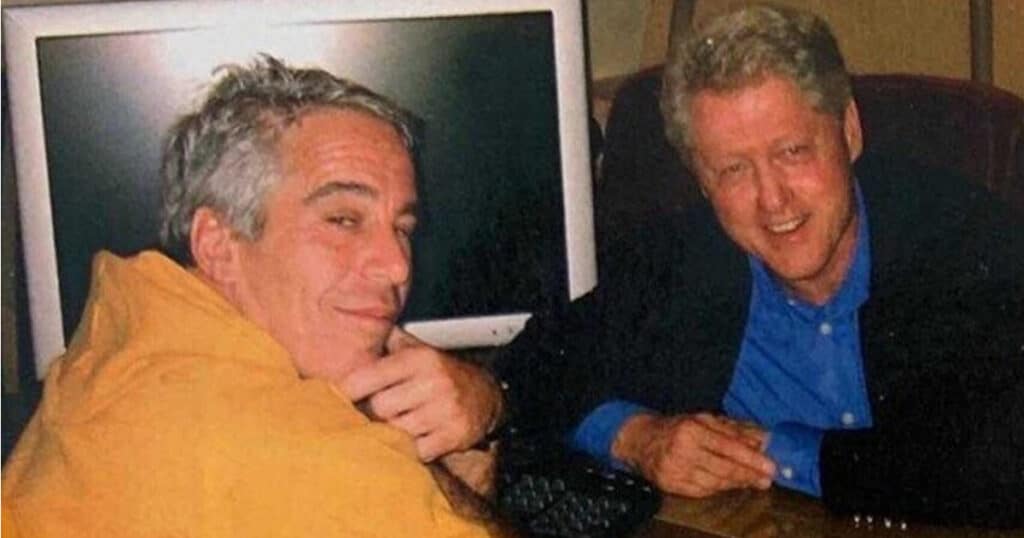
Tariff Decision Leaves no Doubt Unelected Activist Judges are Making Policy Decisions
The Trump administration was recently hit with two adverse court decisions that would effectively prohibit the president from levying tariffs against countries with unfair trade practices.
The most impactful decision came from the U.S. Court of International Trade, which ruled that Trump had no authority under the 1977 International Emergency Economic Powers Act (IEEPA) to declare a national emergency and raise tariffs on a global scale. The court blocked a majority of the tariffs Trump imposed on a large number of U.S. trading partners.
Fortunately, the injunction was stayed by the full 11-judge panel on the U.S. Court of Appeals while the president’s appeal is pending.
As a result, the tariffs will temporarily remain in place while the case works its way to SCOTUS, but there is already significant damage done to the credibility of the U.S. as foreign trade partners weigh whether they should delay tariff negotiations in hopes they are reversed by the courts.
Activist Judges Expose Themselves
Throughout the second Trump term, judges have routinely ruled to block the administration’s attempts to deport violent immigrants, lay off useless bureaucrats and reduce government waste, fraud and abuse. As luck would have it, the general consensus of the courts just happens to consistently align with woke leftist ideology. We’re left to decide if the courts are making decisions based on legal principles, or are they making them for the purpose of furthering a political agenda?
I think we all know the answer.
The U.S. Court of International Trade case is worth crawling through the weeds to understand exactly how activist judges are imposing their will on case law that is already well established.
For the basis of levying its global tariffs, the Trump administration used IEEPA, which is a 1977 law that provides the president with implicit and explicit powers to impose tariffs. The language in the bill reads this way:
“When the President declares a national emergency to deal with anyunusual and extraordinary threat, the President may regulate or prohibit any transactions involving property in which any foreign country or a national thereof has any interest.”
The wording of the law couldn’t be clearer in its intent. Congress could have included language to define what situations rise to the level of an “unusual and extraordinary threat,” but deliberately chose not to. The reasons are obvious. Congress wanted the president to have broad and exclusive discretion in deciding whether the threat he was facing met those standards.
Nowhere in the law does it state that Congress wanted the courts to make those decisions, yet, judicial activism was on full display when the U.S. Court of International Trade ruled that there was no unusual and extraordinary foreign threat from countries like Canada or Germany. Therefore, the court decided the president had acted beyond what IEEPA permits. Bear in mind, both countries, and many others, have been ripping us off for decades in trade through their own tariffs, regulations and other artificial barriers designed to keep our products out of their markets.
So, essentially, we have the courts deciding issues that Congress clearly placed within the exclusive domain of the executive branch.
In part, our $36 trillion national debt has developed because of our unsustainable trade deficit. Other countries get our dollars, and we get more debt. Average Americans don’t realize how close we are to a sovereign debt crisis, but Donald Trump recognizes the danger we are in, and as the duly elected president, considers this situation to be an extraordinary threat.
That should be the end of it. There is nothing else to discuss… Unless you’re on a court with the ability to intervene and project your own politics into the equation.
Nixon Comes Back from the Grave
Perhaps the most maddening aspect of the court’s decision is that case law on this matter was settled decades ago.
In 1971, facing a ballooning trade deficit, the collapse of the Bretton Woods fixed exchange system, and mounting concerns over domestic competitiveness, President Richard Nixon imposed a 10% across-the-board tariff on most imported goods.
He justified the action under Section 122 of the 1962 Trade Expansion Act, which granted the president explicit authority to “impose temporary import surcharges or quantitative restrictions when the United States is faced with large and serious balance of payments deficits.”
The move was challenged in the Customs Court—the direct predecessor to today’s U.S. Court of International Trade. In United States v. Yoshida International, Inc. (1975), the court ruled unambiguously that the president had both the authority and the discretion under the statute to act in response to economic emergencies. Even more important than the ruling itself was the principle it affirmed: the judiciary had no business second-guessing the president’s judgment about what constitutes an emergency under a statute that plainly gives him the power to decide.
The judges who now sit on the modern Court of International Trade were undoubtedly aware of Yoshida—a precedent that mirrors the Trump case almost exactly. Yet they chose to sidestep it, effectively overriding the intent of the law and decades of legal precedent. In doing so, they arrogated to themselves a power the law never granted them: the authority to substitute their policy preferences for those of an elected president.
They were not elected. They are not accountable to voters. Yet they claimed the final word on a matter that Congress, by design, left to the executive, and you know exactly why.
Judicial Activism Must be Forcefully Addressed
There is no greater example of bald-faced judicial activism than V.O.S. Selections, Inc. v. United States. The U.S. Court of International Trade exposed itself as a partisan extension of the woke leftist movement, advancing an anti-Trump agenda. Both the law and precedent were clear and unambiguous, yet the court ignored both.
I’m not exactly sure how it can be done, but it’s time for Congress to consider appropriate remedies to address the growing influence of activist judges in shaping U.S. foreign and domestic policies at the expense of the will of the people.



